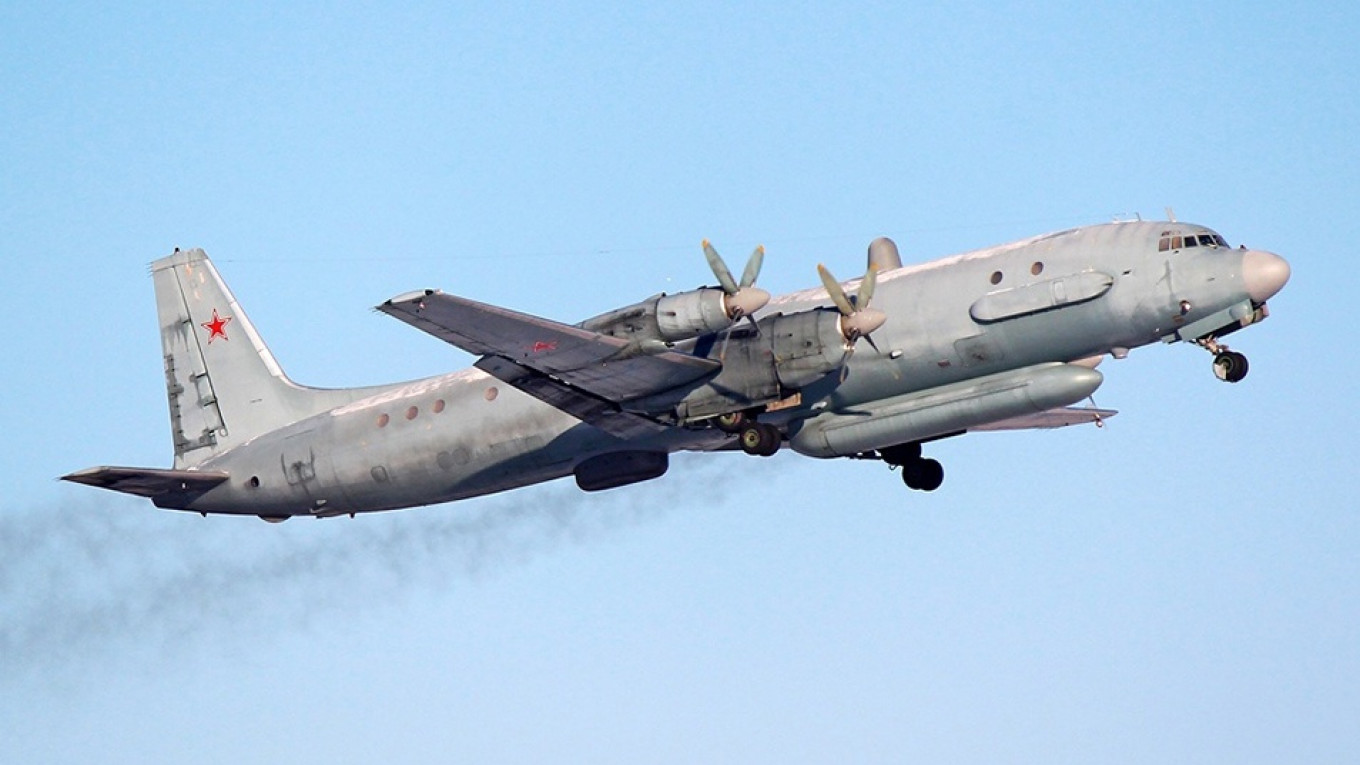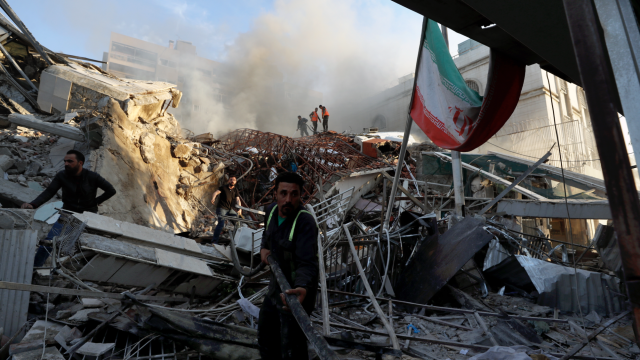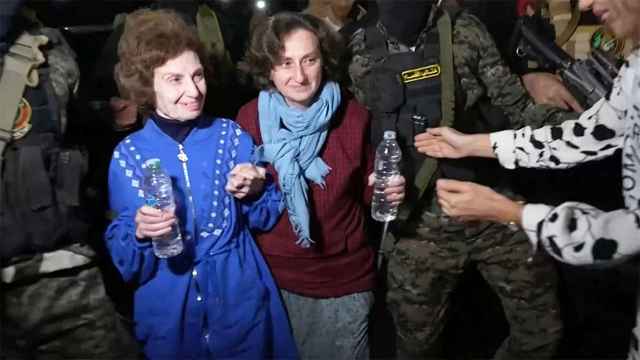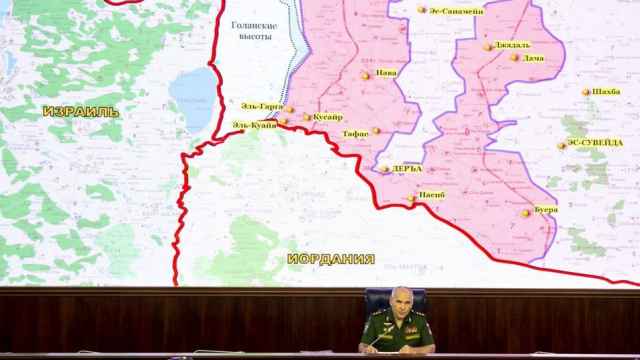Israel said on Thursday it would not halt strikes on Syria but would do more to "deconflict" them with Russian forces, after Moscow accused it of "irresponsible and unfriendly actions" that led to Syrian ground fire mistakenly downing a Russian plane.
Fifteen Russian crew were killed when the IL-20 surveillance plane crashed near Latakia in northern Syria on Monday. Russia has said Syria shot the plane down shortly after Israeli jets hit the area, and accused Israel of creating the dangerous conditions by failing to give sufficient advance notice.
Although Russian President Vladimir Putin initially described the downing as "tragic chance," Moscow has made its anger clear.
"Moscow views as irresponsible and unfriendly actions of Israeli Air Force, which exposed Russian Il-20 aircraft to danger and led to death of 15 servicemen," the Russian embassy in Tel Aviv said on Twitter in English, adding that Russia would "take all necessary measures to eliminate threat to life and security of our military fighting against terrorism."
Israel has struck Syria scores of times during its seven-year civil war to prevent what it says are transfers of weapons to Hezbollah fighters and other Iranian allies. Russia has largely overlooked the sorties, which the Israelis say pose no direct threat to Moscow's ally, President Bashar Assad.
Israel dispatched its air force chief to brief Moscow about the incident on Thursday. Expressing regret at the loss of life, Israel denied wrongdoing and blamed what it called Syrian anti-aircraft fire after its jets had withdrawn back over the border.
Speaking to Army Radio, Defense Minister Avigdor Lieberman made clear that Israel would not halt attacks in Syria.
"We will do whatever is necessary to safeguard the security of Israel's citizens ... and we will not hold these discussions over the airwaves," he said.
But when pressed during the interview, Lieberman avoided asserting Israeli "freedom of action" over Syria, a term he has used in the past.
Naftali Bennett, another member of Prime Minister Benjamin Netanyahu's security cabinet, said "deconfliction mechanisms" would be improved, referring to a Russian-Israeli hotline designed to avoid inadvertent clashes with forces Moscow sent to Syria as part of a military intervention mounted in 2015.
"We will of course strengthen these mechanisms. We will do everything so as not to harm anyone we do not intend to, God forbid," Bennett told Army Radio in a separate interview.
Ron Ben-Yishai, a veteran Israeli military commentator, predicted a more patient air force approach in future strikes.
"It is possible that, next time, they will say, 'Okay let's wait until the (Russian) plane goes back to its base, and then we will carry out the attack,'" Ben-Yishai told Ynet TV.
Lebanon's Hezbollah guerrillas, who like their patron Iran have been helping Assad militarily in Syria, said Israeli strikes there would not prevent them getting advanced weaponry.
"No matter what you do to cut the route, the matter is over and the resistance possesses precision and non-precision rockets and weapons capabilities," Hezbollah leader Hassan Nasrallah said in a speech.
A Message from The Moscow Times:
Dear readers,
We are facing unprecedented challenges. Russia's Prosecutor General's Office has designated The Moscow Times as an "undesirable" organization, criminalizing our work and putting our staff at risk of prosecution. This follows our earlier unjust labeling as a "foreign agent."
These actions are direct attempts to silence independent journalism in Russia. The authorities claim our work "discredits the decisions of the Russian leadership." We see things differently: we strive to provide accurate, unbiased reporting on Russia.
We, the journalists of The Moscow Times, refuse to be silenced. But to continue our work, we need your help.
Your support, no matter how small, makes a world of difference. If you can, please support us monthly starting from just $2. It's quick to set up, and every contribution makes a significant impact.
By supporting The Moscow Times, you're defending open, independent journalism in the face of repression. Thank you for standing with us.
Remind me later.







